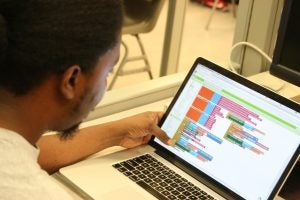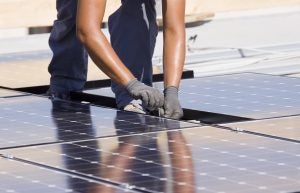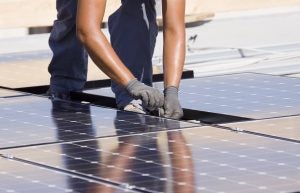 When I stop for a quick bite back home in rural North Carolina, I know the restaurant crowd is not always an indication of how great the food is. Often people are there for the free internet connectivity because access is very limited in the community.
When I stop for a quick bite back home in rural North Carolina, I know the restaurant crowd is not always an indication of how great the food is. Often people are there for the free internet connectivity because access is very limited in the community.
The digital divide between those who have internet at home and those who do not occurs in both rural and urban areas. It is markedly apparent in rural communities, where nearly 40 percent of residents lack access to broadband, compared to 4 percent in cities.
As a result of the digital divide, rural communities are suffering, yet are coping in innovative ways with the help of strong leadership from rural electric cooperatives. More than 900 member-owned, non-profit rural electric co-ops today represent more than 42 million people in 47 states.
Rural electric co-ops are more than just poles and wires; they are economic drivers for the communities they serve. They are in the business of not only providing energy, but also social and economic benefits. Read More












 By Tyler Fitch, 2017 EDF Climate Corps Fellow
By Tyler Fitch, 2017 EDF Climate Corps Fellow As interns at Environmental Defense Fund (EDF), we’ve been tapped as resident experts on surviving on college budgets, social media, and all things Millennial. Research tells us Millennials are
As interns at Environmental Defense Fund (EDF), we’ve been tapped as resident experts on surviving on college budgets, social media, and all things Millennial. Research tells us Millennials are